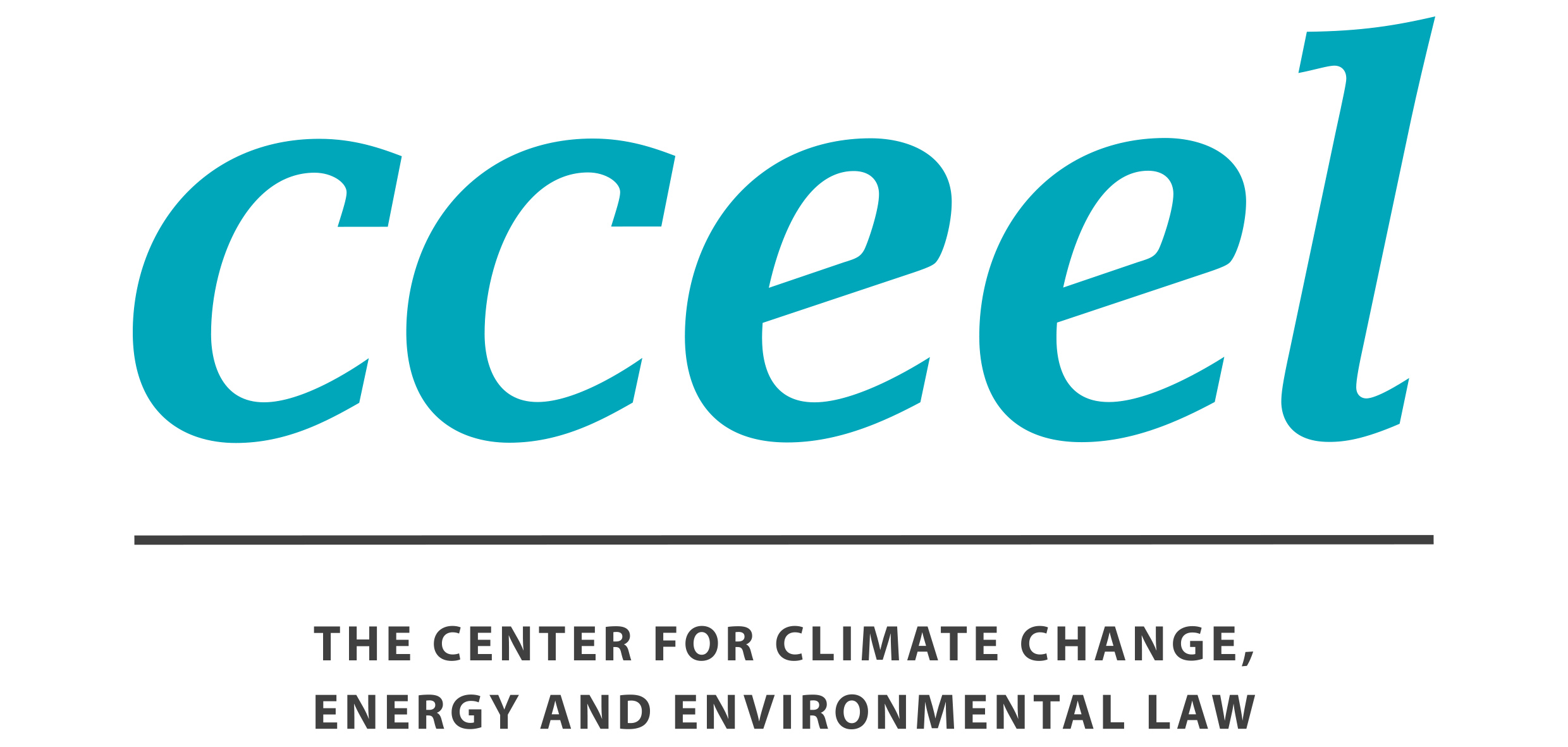Climate Initiatives and Research Facilitating the Expansion of High-integrity Voluntary Climate Action
By Lauri Peterson, Senior Researcher

In recent years, various initiatives have emerged aimed at promoting voluntary climate action (VCA). Put simply, VCA consists of efforts and measures that businesses and governments undertake of their own accord, without being legally mandated or required to do so by regulatory frameworks to tackle climate change.
An increasing number of subnational entities and companies have decided to get involved in VCA either through cooperative initiatives or by making independent pledges. This includes more than 12,000 cities, 400 state and regional governments, and upwards of 25,000 businesses around the world. The pledges are frequently focused on carbon neutrality, such as Helsinki’s 2040 carbon neutrality target for the year 2040, or City of Paris’ 2050 net-zero target, or specific emission reduction goals, such as Dublin’s 51% GHG emission reduction target by 2030.
VCA allows for the development, reporting or certification of certain activities or processes related to climate action. Carbon offsetting, for instance, allows companies to address the greenhouse gas (GHG) emissions they cannot currently reduce by cutting them within their own operations or administrative borders. By funding projects that either reduce or remove GHG emissions outside their own activities, for example by buying carbon credits, companies can help to reduce their climate impacts.
Voluntary climate initiatives also provide a much-needed platform for collaboration and networking, potentially supporting the diffusion of policies. For instance, The Global Climate Action Agenda documents efforts by various cooperative initiatives, and The Marrakech Partnership for Global Climate Action involves non-state and subnational actors through the UNFCCC system. Cooperative climate initiatives have grown both in size and number. To provide some context, the Climate – Cooperative Initiatives Database (C-CID) identifies close to 600 distinct cooperative initiatives that aim to tackle either climate change mitigation and/or adaptation. Around 250 cooperative climate initiatives focus mainly on mitigation, while 240 focus on both mitigation and adaptation. About 100 initiatives focus mainly on climate change adaptation. Cooperative initiatives can be both highly specialized, such as for instance The UK Plastics Pact of 187 UK businesses and NGOs, but also broad in their membership, such as the Global Covenant of Mayors for Climate & Energy that currently boasts more than 13,000 cities as members.
But what drives voluntary climate action, how is it regulated and how can we increase its integrity?
Drivers of voluntary carbon action
Both subnational and corporate entities face bottom-up and top-down pressures. First, VCA is swayed by bottom-up pressures coming from civil society, voters and consumers, who demand greener products and local government. Businesses benefit from it by improving their green public image to consumers, who tend to react positively to more climate-conscious products. In many cases consumers may be willing to pay a premium for more sustainable products. For instance, the outdoor clothing retailer Patagonia has built a reputation out of its sustainability initiatives and marketed its pledge of going beyond carbon neutrality. A similar logic applies to subnational authorities, such as cities, who seek to boost their green credentials and increase support from local voters.
Second, top-down pressure for VCA comes from national governments and international organizations as an increasing number of national governments adopt climate policies that support engagement with sectoral actors and subnational entities. For instance, companies may choose to engage voluntarily in climate action to avoid more stringent governmental regulations in the near future. A well-known example is the 1995 German Declaration on Global Warming Prevention, where a federation representing German industries (BDI) voluntarily pledged to cut carbon emissions. In response, the German federal government decided to set aside its plans for an energy tax. Furthermore, larger businesses may choose to adopt voluntary standards or advocate for tougher environmental legislation to pursue competitive advantage, which can price out smaller competitors that are unable to afford the new regulations. For example, EU firms previously pushed for stricter environmental legislation when it gave them a competitive advantage globally.
Governance of voluntary climate action
Public regulators have thus far been relatively cautious with regulating VCA. Instead, many NGOs or private actors have launched their own standards, of which the Science Based Targets initiative (SBTi) has emerged as one of the most prominent ones. SBTi validates whether companies’ emissions reduction targets are aligned with the Paris goal of limiting global warming to 1.5°C above pre-industrial levels. SBTi validation is meant to provide companies with reputational benefits, but also attract investment from green investors. On the demand-side of VCA are the stakeholders, who are mostly represented by corporations but also by various institutions and organizations. The integrity of the claims about emission reductions is particularly controversial, especially regarding their use for reducing emissions in companies’ value chains (scope 3) .
Critics often raise concerns that VCA lacks the necessary rigor, leading to problems like “greenwashing” (where companies pretend to be more environmentally friendly than they really are), insufficient accountability, and uneven contributions. They also point out that the interaction between various efforts by governments, businesses, and other groups can lead to different outcomes. For example, grassroots actions could potentially inspire more ambitious public policies and regulations—a phenomenon known as the “ambition loop.” But this is just one possible outcome. In other scenarios, if governments and businesses set a low bar, it could result in a general lack of ambition across the board.
Hence, there is a need for robust regulatory frameworks and transparent oversight to guide corporate climate action. Voluntary targets, while commendable, may not be a substitute for mandatory regulations that ensure accountability and drive innovation across all sectors.
Voluntary targets vs. mandatory emissions reduction requirements
Voluntary targets and climate actions have advantages and disadvantages. Their main benefit lies in their flexibility, allowing for the mobilization of independent climate pledges that can go beyond average commitment levels. This also means that voluntary targets are affected by pressure from public opinion and concerns about reputational risks. However, voluntary targets without mandatory rules are also subject to critical structural weaknesses, such as inconsistent and uneven participation, and a lack of accountability and enforcement.
By contrast, the implementation of mandatory high-integrity rules can have four benefits. First, while voluntary targets cannot be enforced legally, mandatory rules can improve legal accountability, which is especially needed for technically complex and non-transparent sectors of VCA. Second, mandatory rules are less likely to be reversed due to the occurrence of unforeseen events, such as sudden price fluctuations, by putting forward regulation that increases long-term stability. Third, mandatory rules create a level playing field as companies with carbon reduction goals will be less threatened by competition from companies that have not made climate pledges. Finally, mandatory rules can help overcome non-transparency, greenwashing and technical vagueness, which affects many voluntary targets that try to obfuscate targets and actual results.
Strengthening the governance of VCA
More research is needed into the governance and regulation of VCA. The EU-funded ACHIEVE project (AChieving HIgh-intEgrity Voluntary climatE action) is driven by the motivation to improve the integrity of VCA within Europe and around the world. The project aims to produce groundbreaking and timely scientific insights into how voluntary climate actions, such as carbon credits, work and how effective they are. It will evaluate the integrity and impact of these actions, and explore how policies and regulations can be aligned to support and enhance high-integrity voluntary efforts. In particular, ACHIEVE investigates voluntary efforts by cities, regions, and companies, by providing new social science insights to enhance climate action. This will help us understand the benefits and trade-offs of sustainability, and boost transparency, which will help scale up trustworthy voluntary climate actions to a larger scale.
